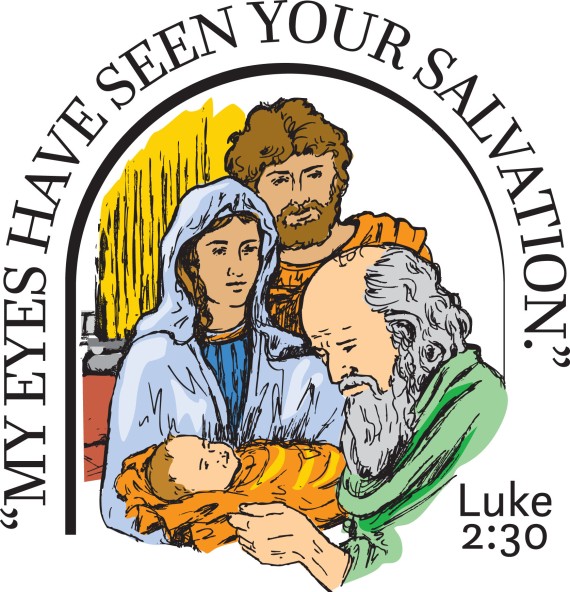
Luke 2:25-35 At that time there was a man in Jerusalem named Simeon. He was righteous and devout and was eagerly waiting for the Messiah to come and rescue Israel. The Holy Spirit was upon him 26 and had revealed to him that he would not die until he had seen the Lord’s Messiah. 27 That day the Spirit led him to the Temple. So when Mary and Joseph came to present the baby Jesus to the Lord as the law required, 28 Simeon was there. He took the child in his arms and praised God, saying,
29 “Sovereign Lord, now let your servant die in peace, as you have promised.
30 I have seen your salvation, 31 which you have prepared for all people.
32 He is a light to reveal God to the nations, and he is the glory of your people Israel!”
33 Jesus’ parents were amazed at what was being said about him. 34 Then Simeon blessed them, and he said to Mary, the baby’s mother, “This child is destined to cause many in Israel to fall, and many others to rise. He has been sent as a sign from God, but many will oppose him. 35 As a result, the deepest thoughts of many hearts will be revealed. And a sword will pierce your very soul.”
My neighbor put out one of those inflatable Santa and a bunch of elves in his yard. I was driving past his house the day after Christmas and saw that Santa and all the elves were flat. It looked like Santa and all his elves were the victims of a drive by shooting.
Today is the first Sunday after Christmas. Maybe it feels like that to you. Maybe you’re still reeling from the realization that you are going to have to pay for all the stuff you bought on credit. Maybe you have suffered a loss this year and Christmas just didn’t feel like Christmas. Maybe you entered the Christmas season with great expectations, only to discover that they are flat as that Santa…deflated. Christmas, I think, is a tough season, not just because Christmas now begins long before Thanksgiving, but maybe also because we enter the season with unrealistic expectations. We forget that Jesus is the reason for the season.
How about that first Christmas?
Imagine the spiritual and emotional toll on Mary and Joseph during this past year. They were given a divine mission to complete in their human flesh, before they were ready. These 2 new parents are within the 1st 40 days of their baby’s life. They have journeyed from Nazareth to Jerusalem, to Bethlehem, and back to Jerusalem during a time of emotional and physical exhaustion. Our passage opens with the young and weary Mary and Joseph coming to the Temple with their new baby boy, Jesus. After many sleepless and uncomfortable nights, they meet 2 elders who also know something about time. These 2 senior citizens have been waiting a lifetime to see the Messiah. And Mary and Joseph have brought him to the temple in their arms.
Luke calls him righteous and devout. Where the shepherds represent the common people, Simeon and Anna represent the wise elder who has walked with God. Part of his wisdom is seen in that he is looking for the hope of the nation: the consummation of God’s promise – the consolation of Israel (v. 25). Saints in touch with God’s heart often await expectantly the completion of God’s promises. The revered saint is led to see what the arrival of this child means.
Simeon like Mary waited expectantly for God to deliver Israel. He has not given up on believing that what God has promised will come to completion, and he was living in the light of that hope gives him perspective on the present.
Where does his hope come from? The Source of Simeon’s hope: The Holy Spirit was upon him. And it had revealed to him that he would not die until he had seen the Lord’s Christ. (vv. 25, 26)
The Holy Spirit, the source of all revelation and witness, has told him that before he dies, he will see the Messiah.
And in this moment, he came in the Spirit into the temple, and when the parents brought in the child Jesus, to do for him according to the Law, he took him up in his arms and blessed God and said,…
He is light for all, but is “revelation to the Gentiles” and “glory to your people Israel.” He is a “revelation” to Gentiles, for they will be brought into blessing through his ministry in a way they could have hardly imagined before his coming (John 1:3-9)
John 1:4–5 (NLT) 4 The Word gave life to everything that was created, and his life brought light to everyone.
5 The light shines in the darkness, and the darkness can never extinguish it.
Jesus is “glory” to Israel, for through him they will perform their service of ministry to the world. All eyes will be drawn to Israel through what the ministry and saving work of Jesus Christ. He is the magnet that makes Israel great. When the promises of God come, they come through the Promised One of Israel.
Simeon serves as examples for us, how one can define life in terms of following God and serving him with joy and surrender. When Simeon has done his duty, he is ready to be with the Lord. Likewise, Anna pictures the constancy of faith, revealing that even late in life God can use one in ministry. The story of Christ’s birth involves people of all ages, even the elderly have a place in the story. It is never too late to be ministered to by God, nor is it too late to be a minister for him. It is never too late to be a witness for Christ. There is no such thing as retirement from the body of Christ or from the work of the Gospel in this life. We will rest when our work is done and we get to heaven.
The witness of Simeon and Anna offers a whole perspective on life and on contentment. Here are 2 folks near the end of their life, still serving God full steam ahead. Contentment is not a matter of age or energy level, neither is it a function of wealth or prosperity. Godly contentment is defined by an openness to serve God and to share him with others.
Making New Year’s resolutions: The top 3 resolutions each year are always the same from year to year according to McCall’s magazine (January 1995)
- Improve personal finances
- Stop smoking
- Lose weight
- Exercise more
Simeon’s attitudes stand in marked contrast with our culture. If our resolutions reflect our concerns and preferences, then these preferences do not reflect high goals. We tend to define contentment in a privatized way about how our personal lives are going. Where are the goals that relate to pursuing God or knowing him better? Where is the concern for our soul and the souls of our family? If exercise is valuable for physical well-being, should we not take equal care for our own soul? Simeon suggests a better way. To know God means we can transcend our circumstances. Paul says, “for I have learned in whatever situation I am to be content.” (Phil. 4:11) The secret is v. 13, “I can do all things through Christ who strengthens me.” (Phil. 4:13) Simeon can be content knowing that he has carried out the call of God. His goal is knowing God, with whom he will have a relationship forever. Contentment means knowing the source of life, Jesus Christ.
How will you serve God in the New Year? How about going deeper with God?
- How about making a commitment to God this year by devoting some time to prayer and Bible study?
Lord, as we enter into this new year, help us to make the intention to continue to grow in grace. Strengthen our boldness to preach the Good News about Jesus Christ. And help us to help those who are on the margins of our community. In Christ, Amen.



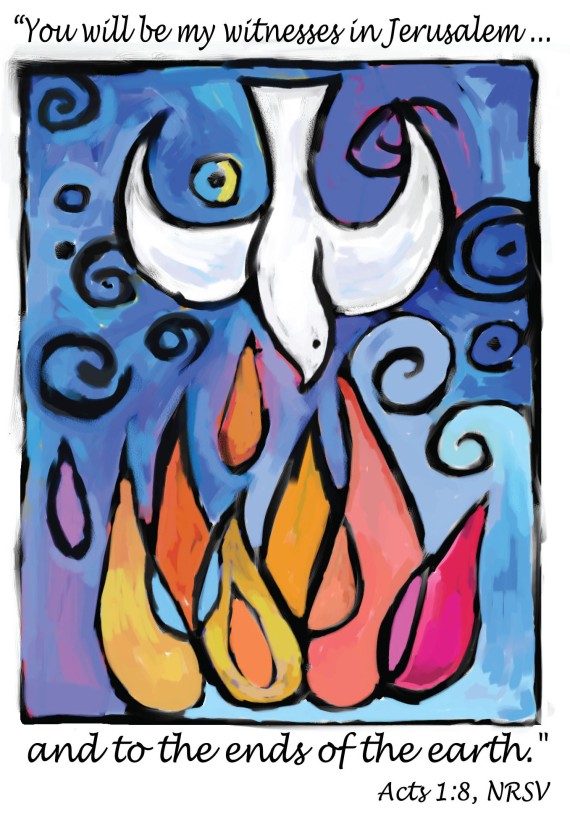
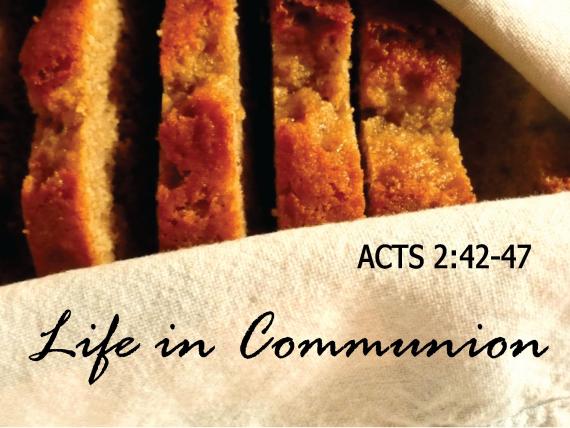
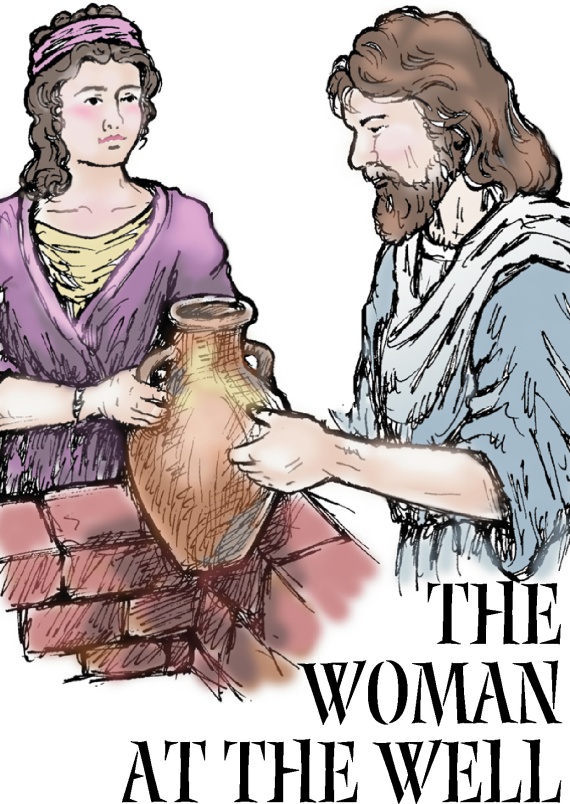



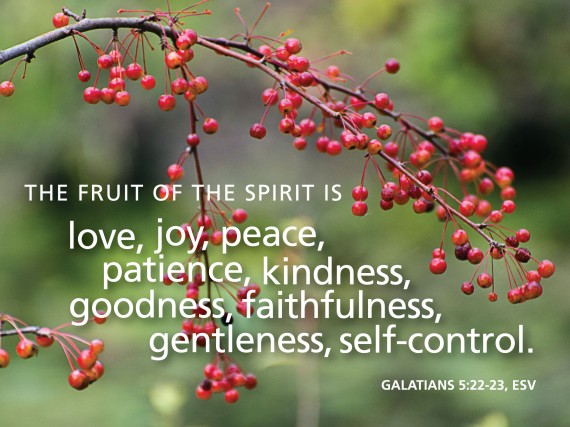
Recent Comments